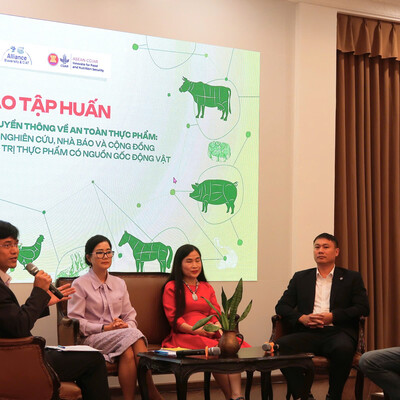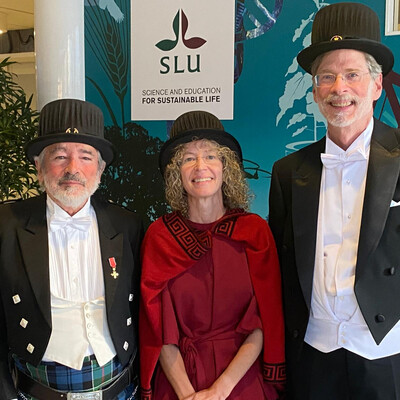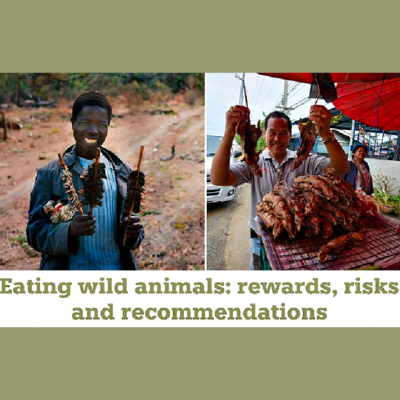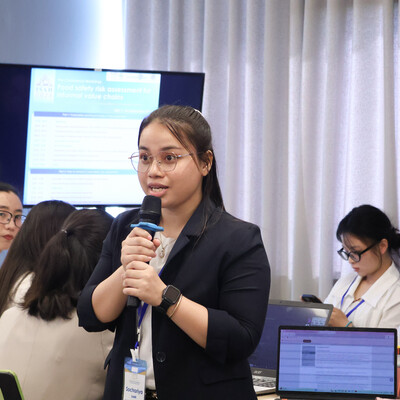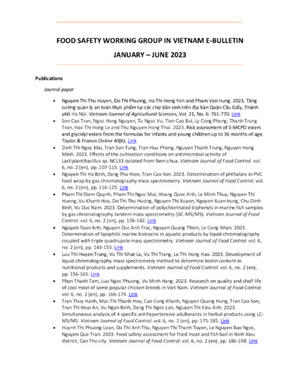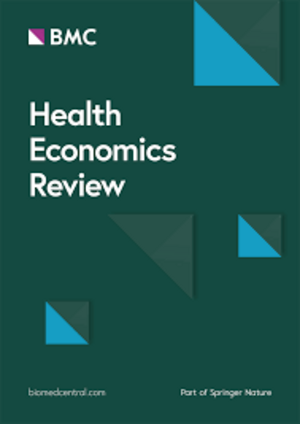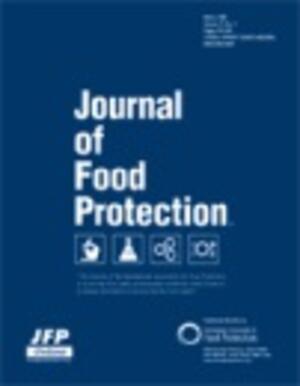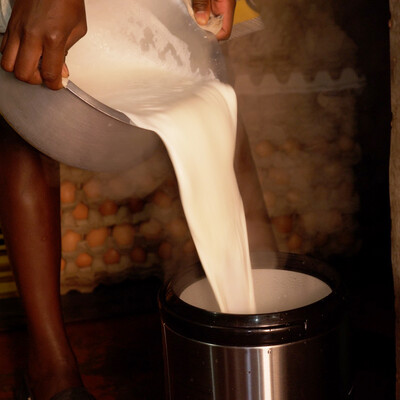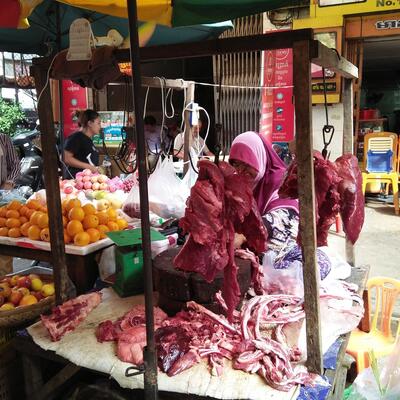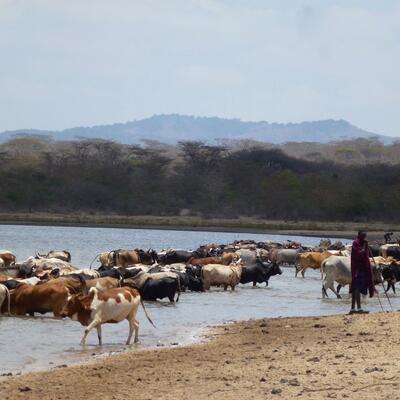
Developing intersectional social protection and adaptive social nets in a changing climate
Insights on building community resilience through social protection from the Africa Climate Summit
During the 2023 Africa Climate Summit, an interdisciplinary panel explored a pressing question: "what is the role of social protection and adaptive social nets in a changing climate?" This conversation delved into the panellists' professional perspectives and experiences, providing powerful insights. The resounding message was clear: social protection is not just a safety net, it's a lifeline that can greatly support women, children, and marginalized communities in the face of a rapidly changing climate.
Africa produces an estimated 4% of global carbon emissions, yet is climate change’s biggest victim, which means that social protection initiatives are essential to support vulnerable communities. Social protection is usually an ongoing process that ensures that protective measures are in place, for example in case of droughts, flooding, and other climate-related disasters. This emerging issue has been increasingly recognized by ILRI and will mean creating greater links between climate change and social protection now and in the future.
Grounding social protection programs in intersectional feminism
The session opened with Mwanahamisi Singano, senior global policy lead of the Women’s Environment and Development Organization (WEDO), a global women’s advocacy organization that promotes and protects human rights, gender equality, and the integrity of the environment. Singano introduced herself as a feminist, explaining that intersectional feminism is a crucial lens through which we must view social protection. According to UN Women, “intersectional feminism centers the voices of people experiencing overlapping or concurrent forms of oppression in order to understand the depths of the inequalities and the relationships among them in any given context.” She argued for inclusivity, emphasizing that social protection should be designed to uplift women, children, people with disabilities, and those in rural areas.
“We need intentional efforts to end current injustices,” said Singano.
She painted a vivid picture of the challenges women face, like selling their land in emergencies to make ends meet or their families forced to leave their homes behind to find food or safety in the wake of natural disasters. Those journeys to safety for women and their families, she explained, should not be fraught with additional dangers.
George Wamukoya, team leader of the think-tank Africa Group of Negotiators Expert Support (AGNES), cautioned that although Africa’s current contributions to climate change are low, this could change. Wamukoya suggested that innovative solutions would be needed to counter this trend, but also stressed the importance of seamlessly “integrating these innovations into existing frameworks” to ensure the resilience of new innovations during crises.
Insurance programs tailored for women
Insurance during times of disaster is one form of providing social protection but not all policies are designed for women. Mehjabeen Alarakhia, policy advisor for women's economic empowerment at UN Women, presented one compelling case study from Mali, where women peanut sellers were benefiting from a tailored insurance program that helped them to address income losses due to recurring droughts and floods. Previous disaster insurance products failed to cater to their specific needs, spurring UN Women to partner with crop insurance provider OKO to develop a gender-sensitive insurance program in the country. To encourage adoption of the policy, Alarakhia's team implemented a game-changing strategy: all-female outreach teams. These teams successfully enrolled 1100 new insurance users, dispelling stereotypes about women's minimal understanding of insurance. This initiative enabled women to claim greater economic responsibility and created eleven jobs for women in the agriculture insurance value chain.
Kelvin Shikuku, an economist and drylands specialist from the International Livestock Research Institute, described how his organization is working with women pastoralists to help them understand the risks and benefits of availing of livestock insurance. In Northern Kenya, which is primarily an arid dryland region, the BOMA graduation program is significantly boosting pastoral women’s productive assets, family cash income, and savings. A key component is the Village Insurance Savings Account (VISA) program, which provides women the opportunity to join the insurance program. Initial results indicate that centering women and the family in the insurance program could be a game-changer for increasing women’s inclusion in such programs.
Voices from the panel
Following the case studies presented, a panel joined the stage, featuring diverse voices and perspectives on social protection in the face of climate change.
Jackline Makokha, national gender and climate change focal point for the Kenya State Department for Gender and Affirmative Action, emphasized the importance of intersectional views when implementing social protection programs.
She also highlighted existing initiatives, such as “providing drought-resistant seeds to communities,” which shouldn't be overlooked since they are already benefiting women.
Stephen Mutiso, regional food security and livelihoods advisor for Save the Children, underscored the vulnerability of children to climate change impacts. He spoke about Save the Children's strategy of targeting children in their first 1000 days, ensuring mothers receive nutrition education and direct cash transfers to support their infants. Tahira Mohamed, a social scientist with Jameel Observatory and a pastoralist herself, shared insights the forms of safety nets that pastoralists rely on, including resource pooling and labor sharing.
Finally, Hassan Olow, program director at Concern Worldwide, whose work focuses on urban environments, highlighted the importance of including social protection in cities, which are often a destination for people from rural areas who have left their homes because of climate change. These people are often affected by unemployment and food insecurity. His work on an early warning action system promises to bring a new dimension to urban social protection.
Stephen Mutiso (left) and Tahira Mohamed (right) giving their perspectives on the importance of social protection. Credit: Fenja Tramsen/ ILRI.
Embracing diversity for resilience
Todd Crane, principal scientist on climate change adaptation at the International Livestock Research Institute, closed the session, highlighting the overarching theme of “accommodating diversity.” He reiterated the need to accommodate diversity, embrace gender-sensitive approaches, and foster innovation as pathways to greater resilience for vulnerable groups such as women, children, and pastoralists, ultimately highlighting the transformative potential of social protection in the face of climate change.
Banner photo: Mwanahamisi Singano (left) and George Wamukoya (right) discussing the importance of intersectionality in social protection initiatives. Credit: Fenja Tramsen/ ILRI






